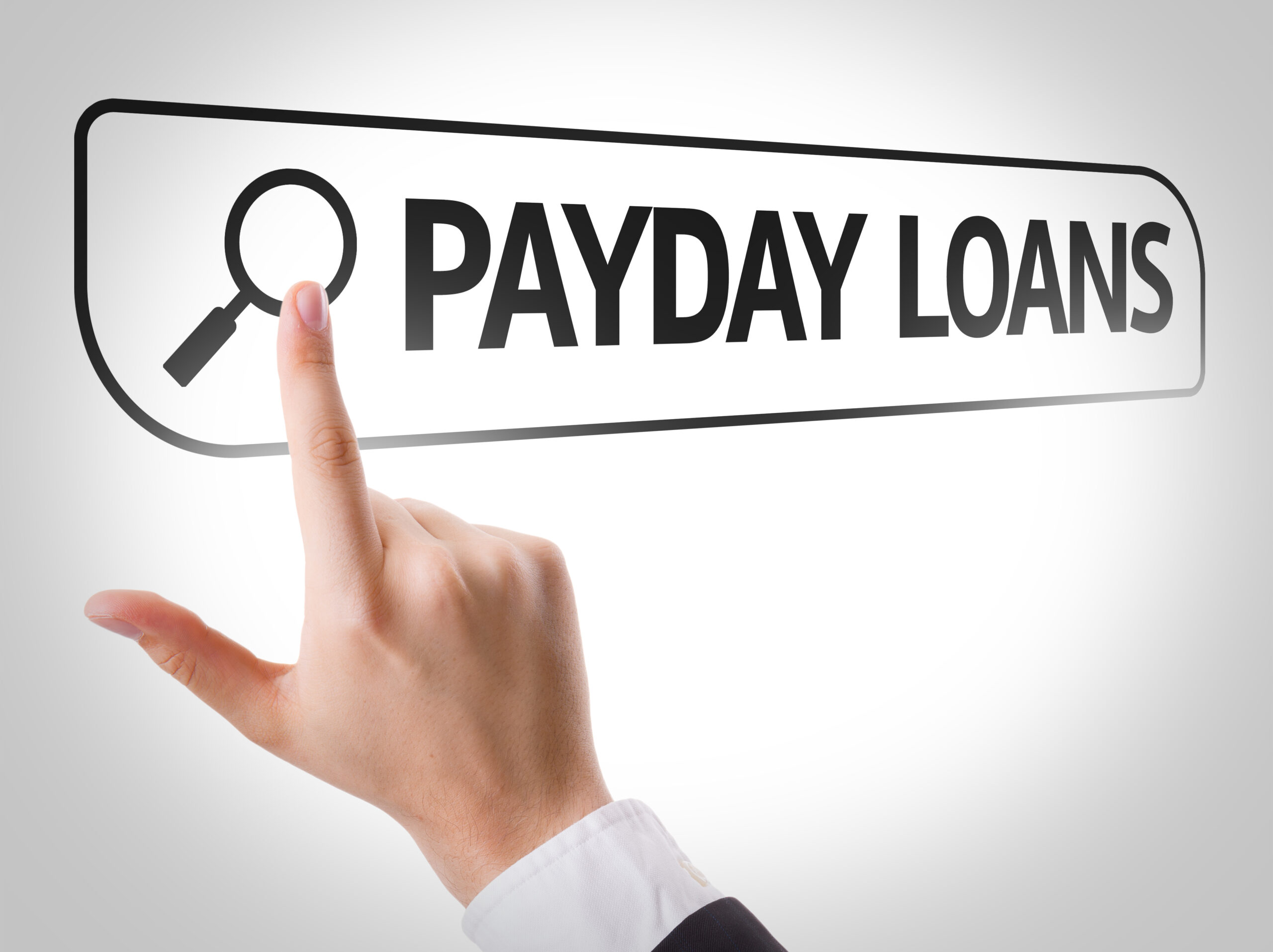The term “payday loans” is not something that you want to hear, and it can be very difficult to understand why people are so obsessed with these loans. While they may seem like a good idea at first, there is always the danger of falling into debt, which will only get worse if you do not pay off your loan when due.
Before we go into detail about payday loans, let us try and make sure you understand what these loans are all about. If you still do not have a clear understanding of what they are, then this article is for you.
What Are Payday Loans?
These types of loans are also called cash advances or paycheck advance loans. The name is misleading because they are not loans from banks or other financial institutions, but instead, they are small-time personal financing solutions that are offered by private companies. These companies give out quick cash to their customers in exchange for some collateral, such as an automobile title or a house deed. They are also known as “short term loans” because they are supposed to help you tide over short-term financial problems without causing too much trouble.
There are usually two kinds of payday lenders: small-dollar lenders and big-dollar ones. Small-dollar lenders have limited funds and therefore cannot offer large amounts of money. Big-dollar lenders, on the other hand, deal with larger sums of money and thus have more opportunities to expand their loan offerings.
If you think about it, it makes sense that such lenders would need to specialize in different areas. For example, a person who needs $1,000 in order to cover medical expenses for his family might choose to borrow from a small-dollar lender, while someone who needs $20,000 to start up a business venture might prefer to work with a big-dollar lender.

As long as you qualify for a payday loan, which means that you are able to provide proof of income and sufficient assets (such as a car), you should be fine. The amount you need to borrow depends upon how much you earn and how much you need right away.
Most lenders require borrowers to use a form of credit score – such as FICO scores – before approving a loan request. This helps them determine whether or not it is safe to lend money to each individual customer based on their history of paying back previous debts.
Who Can Get Payday Loans?
Payday loans are open to anyone who has been employed for at least six months and has either worked full time or is self-employed. In addition, you must be older than 18 years old.
In most cases, you cannot borrow more than $500 in one day. However, in many states, you can borrow up to twice the limit if you have a valid driver’s license or state ID card. Also, many payday lenders allow you to withdraw the money in increments of less than $25, meaning that you only need to repay a maximum of $50 per week. Many lenders also allow you to spread out your payments over several weeks or even months.
You can only apply for a payday loan once every 14 days. Once you get approved, the repayment process usually takes between two and three days. As soon as you receive the cash, you need to deposit it into your bank account. It is important to keep in mind that these loans have high interest rates. The average APR rate for payday loans is 400 percent!
Why Do People Take Payday Loans?
It is easy to see why the majority of Americans take payday loans. After all, it is a simple solution to a complex problem. Most people do not have enough savings to cover emergency spending, especially if they experience unexpected expenses.
Another reason is that some people do not have access to traditional banking services. A lot of payday lenders offer their services at places where you can easily walk in and get a small loan. This makes it easier for those who do not have bank accounts or any other type of credit rating to get access to financing.
Payday loans are also popular with the college student population. Most students have no savings and therefore rely heavily on their parents to finance their education. They often find it hard to save money for tuition fees and living costs, so they turn to payday loans to cover their monthly bills. Even though these students may end up failing classes and being expelled from school, they simply cannot afford to leave until they have paid off their loans. Thus, they end up taking out even more loans and accumulating even bigger debts.

People also take out payday loans when they run out of money during a period of unemployment. They are desperate and do not know how else to handle the situation. Some of them even resort to borrowing from friends and relatives just to stay afloat. All of this leads to a vicious cycle.
People plan to choose the pay day loan as they are easily available on various online sites. A person can easily borrow money online as they are a good option that will give them with good results. The main motive of people is to choose the option that will give them with good results. Online burrowing of the funds is the convenient option as they provide an option to save time.
What Happens If You Do Not Pay Back Your Loan On Time?
When you sign up for a payday loan, you agree to pay back the entire sum within 30 days. If you fail to meet this deadline, you will face a penalty fee of $15-$35, depending on the specific terms of the loan agreement. This fee will be added to your existing balance, making it even harder to pay back your loan completely.
If you don’t settle up with your lender on time, there is another option. There are many payday loan collection agencies that specialize in collecting overdue debt. They charge a substantial fee for their services, but they can also report your failure to repay to credit bureaus, which could result in permanent damage to your credit record.
This is why it is important to follow the repayment schedule outlined by your lender. In most cases, they will send reminders to you every two weeks. If you fail to respond to them, they may ask you to pay an additional fee. If you do not comply, they may pursue legal action against you.
How Does Payday Loans Affect Your Credit Score?
One of the reasons why most people end up taking out payday loans is that they believe that this is the fastest way to improve their credit score. Unfortunately, this belief is false. The truth is that payday loans lower your overall credit score because they are considered non-reversible transactions. Once you fail to repay your loan, you won’t ever be able to recover the money you owe and get your funds back.
